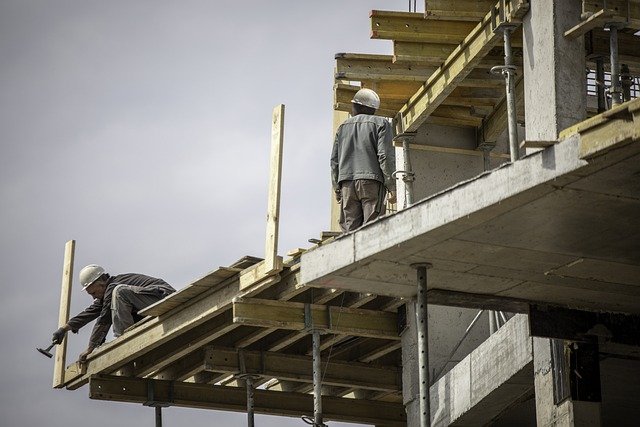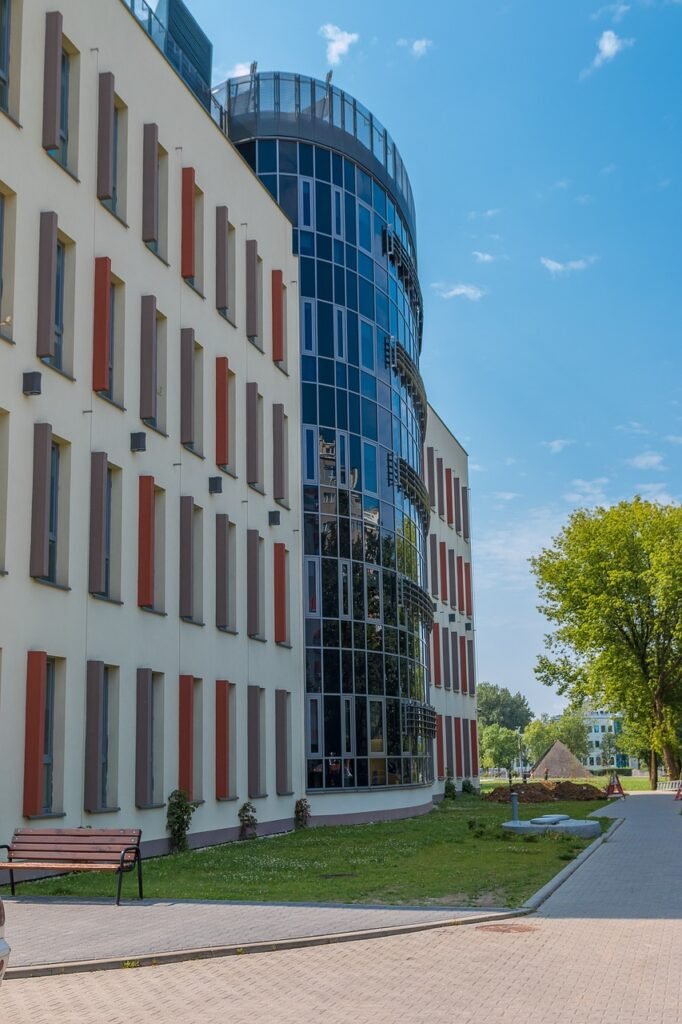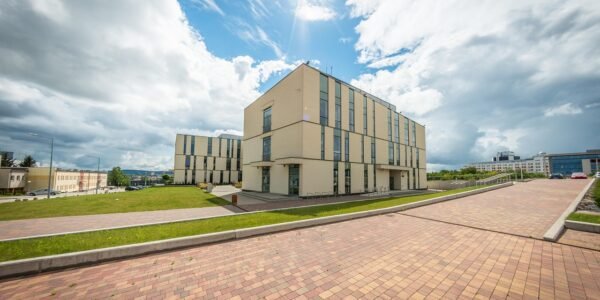Zoning research
Navigating local zoning regulations is crucial for property owners and developers as it directly impacts land use, development potential, and compliance with municipal goals. Familiarity with zoning codes not only guides efficient project planning but also mitigates risks associated with violations and potential legal challenges. Engaging with local planning departments, attending public meetings, and reviewing comprehensive plans can offer valuable insights into the specific requirements and allowances within a given area.

Building and Zoning Code consulting
Compliance with local codes not only safeguards the health and safety of occupants but also enhances the overall integrity of the built environment. Engaging with local building authorities and understanding specific zoning laws can facilitate smoother project approvals and inspections. This proactive approach not only streamlines the development process but also fosters community trust and ensures that new constructions contribute positively to the local landscape. Keeping abreast of these regulations and collaborating with knowledgeable professionals can be instrumental in achieving successful project outcomes.
Permit services
The permitting process can unveil opportunities for innovation and improvement. As companies navigate the requirements, they often discover best practices and advanced methodologies that can be integrated into their operations. This not only reinforces compliance but can also enhance overall project outcomes, driving economic growth while ensuring that safety and environmental standards are upheld. By prioritizing the management of permits, businesses position themselves for success in a competitive landscape, ultimately contributing to sustainable development and community well-being.

Plan check processing
The initial phase of the review involves the submission of plans by the applicant, which must meet specific format and content requirements established by the regulatory authority. During this stage, plans are assessed for completeness, ensuring that all necessary documentation, including specifications and compliance forms, is included. Once deemed complete, the project progresses to technical review, where various disciplines, such as structural, mechanical, and electrical engineering, examine the plans for adherence to building codes and regulations.Conditional use permit
A conditional use permit is a zoning tool that allows for specific land uses that may not be permitted outright in a given zoning district, provided that certain conditions are met. This mechanism is essential in land-use planning as it enables local governments to maintain flexibility in land development, accommodating diverse community needs while ensuring compatibility with surrounding areas.Tenant improvement
When businesses engage in leasing commercial spaces, it is essential to recognize the significance of customizing the environment to suit their operational needs. This process often involves making modifications to the leased premises, ranging from simple cosmetic updates to substantial structural changes. Understanding the scope of these alterations and the associated costs can greatly influence the success of a business, as it allows for the creation of a functional and appealing workspace that enhances employee productivity and improves customer experience.Accessory dwelling unit
The incorporation of secondary living spaces on a residential property offers a multitude of advantages that extend beyond mere increased housing options. These additional units can enhance property value significantly, appealing to potential buyers and investors alike. By creating a rental opportunity, homeowners can generate a steady stream of income, which can be particularly beneficial in areas with high housing demand. Furthermore, such arrangements provide flexible living solutions for multigenerational families, allowing for close proximity while maintaining individual privacy.Over height fence
It is essential to conduct a comprehensive review of local ordinances before proceeding with the installation of taller fencing structures. This includes examining specific height restrictions, setback requirements, and any associated permit processes that may be necessary for such installations. Engaging with the local zoning board or relevant government agency can provide clarity on allowable modifications and ensure that any proposed fence aligns with established community standards.Consulting services include the following:
- New project
- Change of use
- Remodel
- Zone variance
- Sale of alcohol
- Revocable permit
- B-Permit
- A-Permit
- and more..



